Home Inspection Tips From the Pros
What do home inspectors do, exactly? And do you need one? For answers to these questions, and more, we turned to our Brownstoner Services professionals.

Photo by Mary Hautman
One of the more essential steps in buying a home is making sure you get the property inspected prior to contract. If you’re new to the process, you may have a lot of questions. What exactly are home inspectors looking for? What should you be looking for? And is home inspection necessary even when you’re buying an apartment in a larger building?
For answers to these questions, and more, we turned to two of our Brownstoner Services professionals, NYRS licensed Associate Real Estate Broker Eileen Richter and Tim Curran of Safe Haven Inspections.
Why is home inspection so important?
Buying a home is one of the biggest purchases you can make, and you want to be sure you’re getting what you pay for. You don’t want to sink a lot of money into a home only to find out that problems with the infrastructure are going to cost you even more down the line.
When should you have your home inspected?
Normally, the buyer should have a home inspected within a few days of his or her offer being accepted, but before the buyer signs the contract.
“Home inspection should not be positioned as a negotiating tool,” says real estate agent Eileen Richter, “but, rather, as a tool for getting the complete picture of the condition of the home and the future upkeep it will require.”
What are some of the things a licensed home inspector is looking for?
Anything that could cause a big headache down the line. Some of the things they are looking for include:
- the condition of the roof
- electrical capacity
- whether the home might contain hazardous materials such as asbestos or lead paint
- possible problems with the foundation
- the condition of the plumbing and heating systems
It’s important to note that this will be a visual inspection — your inspector is not allowed to cause any damage to the property.
“Renovations can hide potential issues,” says Tim Curran of Safe Haven Inspections. “Because an inspection is visual in nature, the inspector may not be able to see leaks in the walls, faulty wiring or structural issues that are hidden.”
How do you know which home inspector to go with?
Your inspector is there to protect you, so it’s important that he or she is licensed and demonstrates a thorough knowledge of homes and their systems.
You should avoid hiring an inspector who has been referred to you by your real estate agent or the seller. You need to be sure that your inspector is impartial and working for you, and not the people who want you to buy the house.
What if you’re buying an apartment?
Whether you’re considering the purchase of a condo or a co-op, you’re still buying into a building, and you need to make sure that the building’s infrastructure is sound. Your home inspector should take a close look at the building’s plumbing, electricity, heating, roof and exterior.

Need a professional opinion? Try Brownstoner Services, where you can talk to a concierge (it’s free) or browse our community of pros. >>
Related Stories
6 Home Inspection Deal Breakers
What You Need to Know Before Buying or Selling a Property
Modest Fort Greene Reno Becomes a Total Gut, With Happy Results
Email tips@brownstoner.com with further comments, questions or tips. Follow Brownstoner on Twitter and Instagram, and like us on Facebook.
Businesses Mentioned in the Post





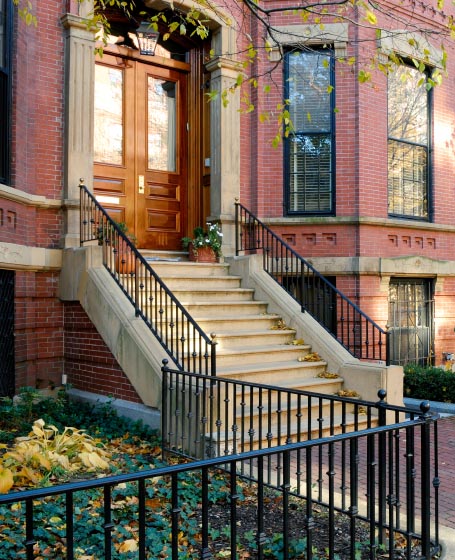
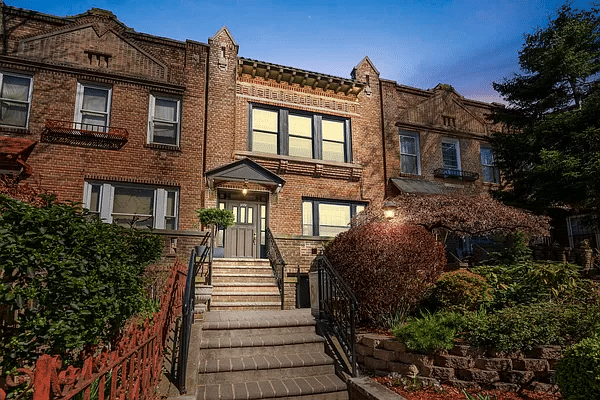


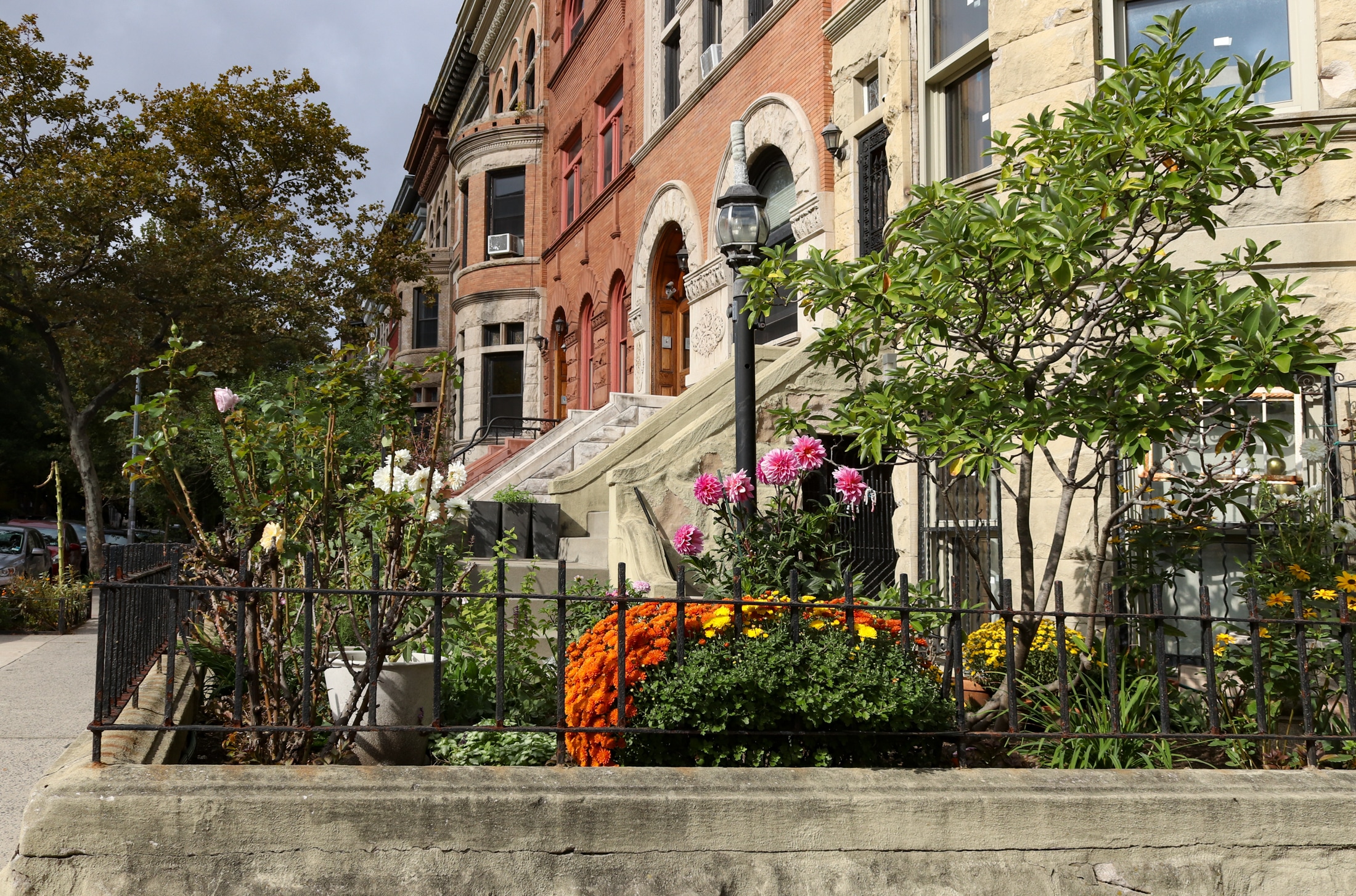
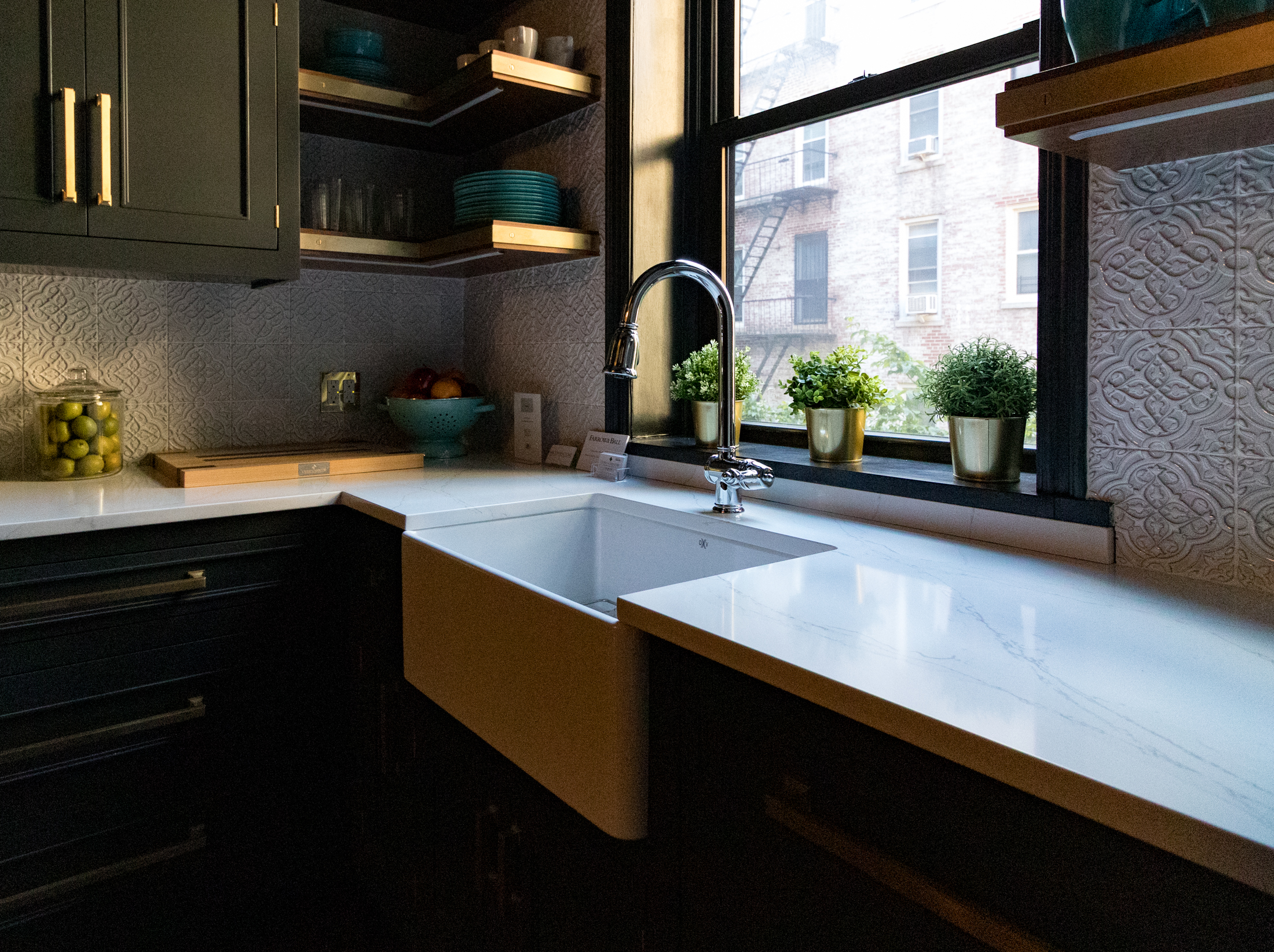
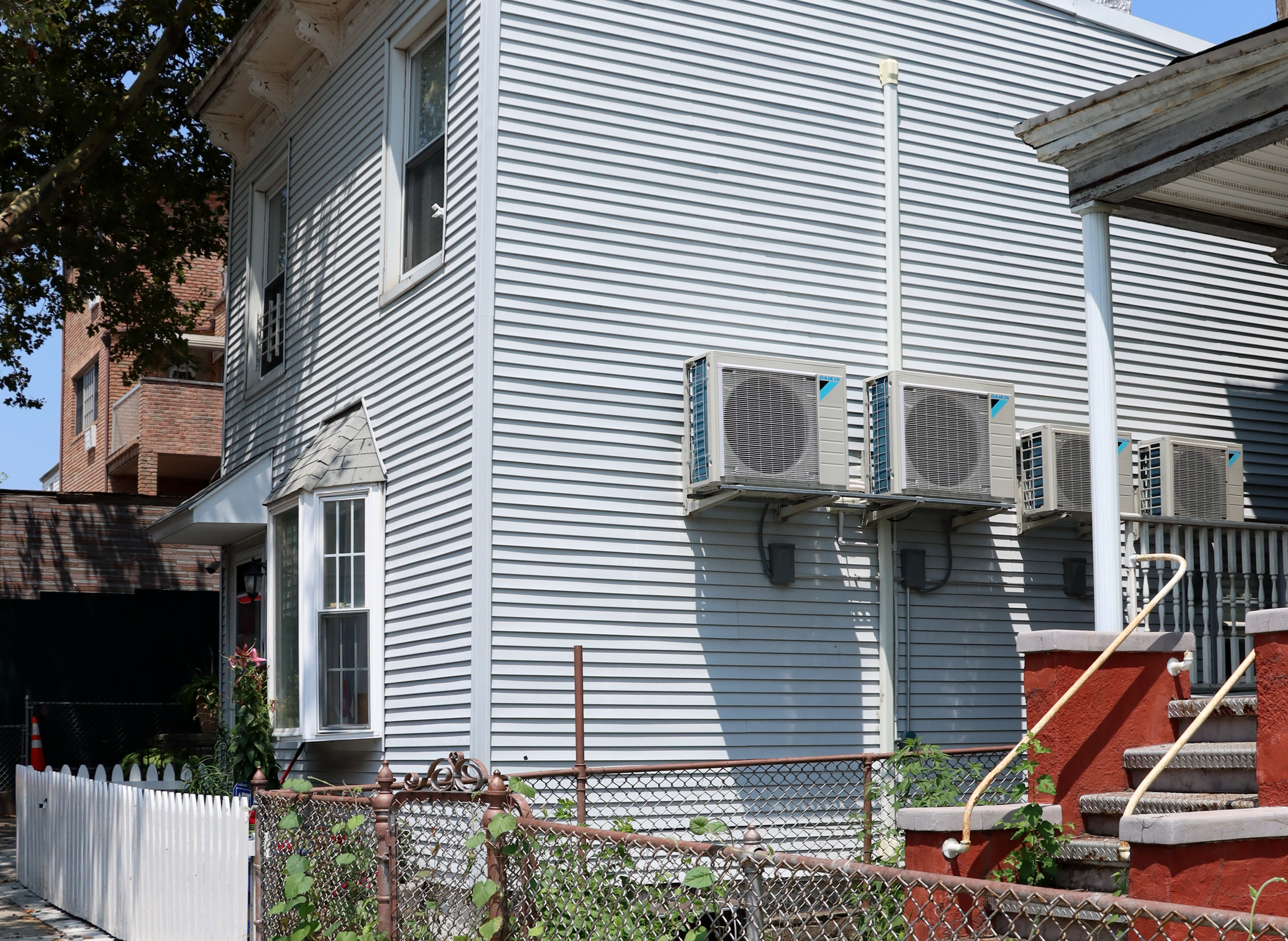
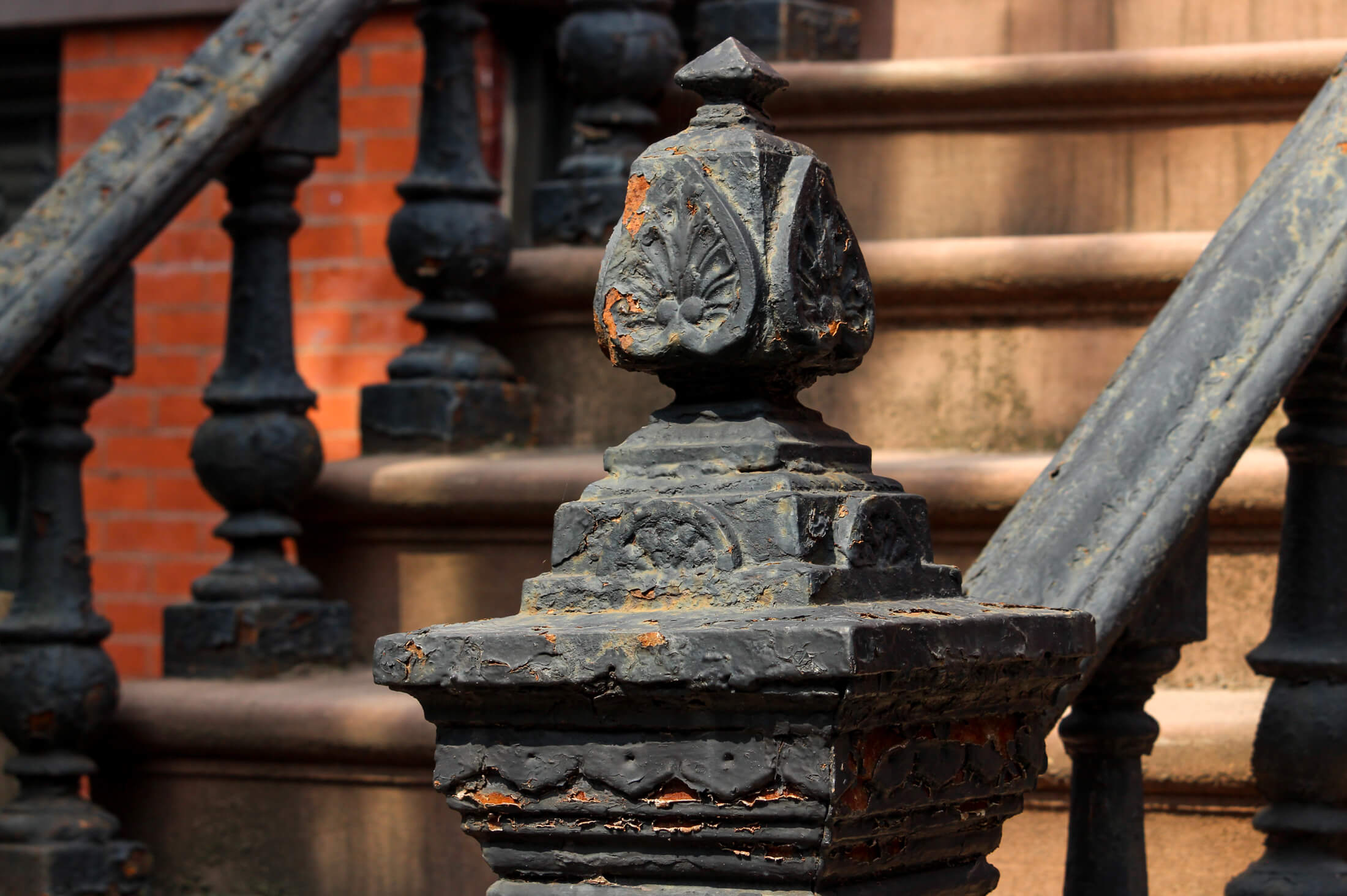
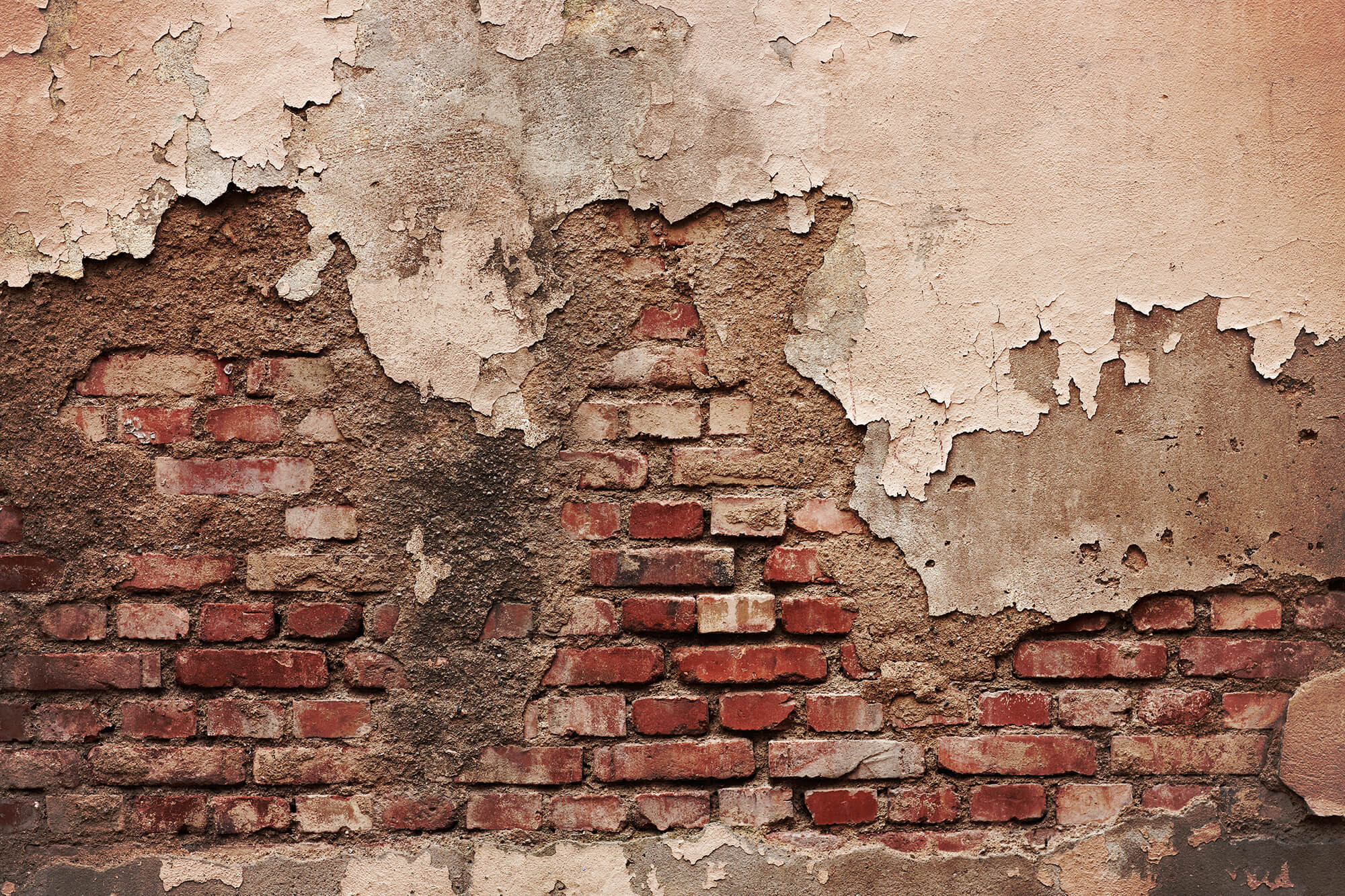
What's Your Take? Leave a Comment